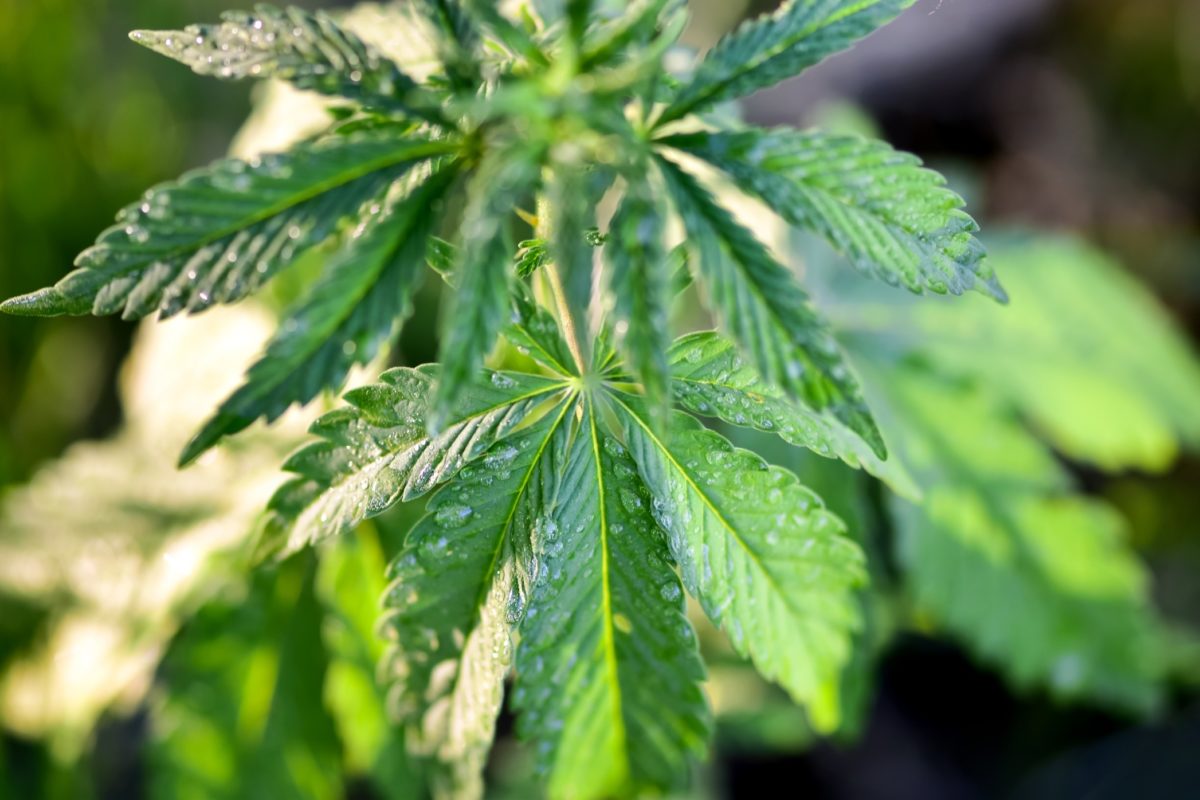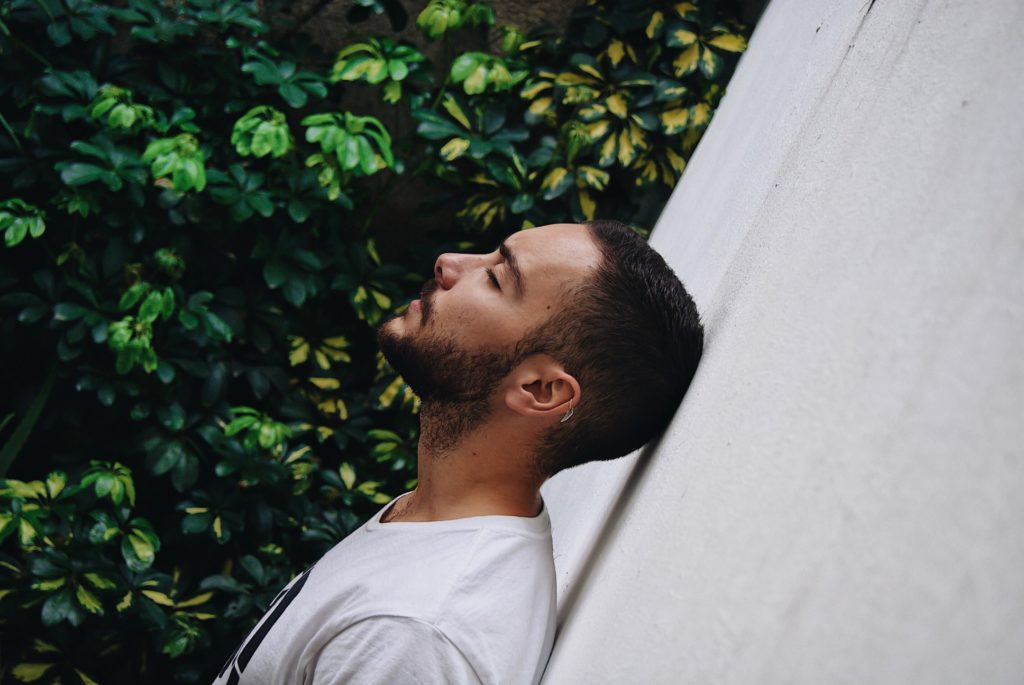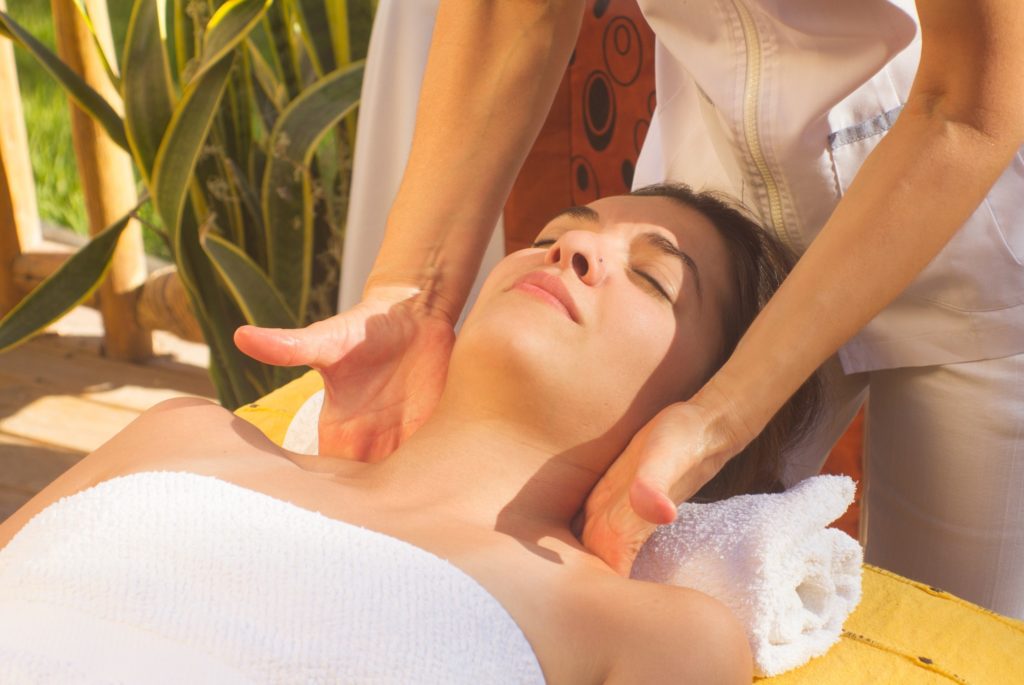Surely, you’ve noticed it, right? Suddenly, CBD is everywhere. Beauty products, ingestibles, even dog food. But what is it and why is it popping up all over? Is it safe? Is it legal? Need the basic facts on CBD products? Our ace correspondent Jillian Tangen breaks it all down for us. Here’s the next installment of our luxury lessons series: what you need to know about CBD right now.
what you need to know about CBD right now
The search for serenity and wellness in our harried times sometimes seems endless. Silent retreats, tarot card readings, crystals under our pillows – we’re pretty much up for trying anything, as long as it works.
By now you have probably seen the letters C-B-D somewhere during your daily travels. Whether at your last trip to 7-11 to pick up milk in a gummy form next to the registers. Or at your local coffee shop in an infused brew. Perhaps even at your last visit to Sephora in the form of a face oil from Kiehl’s or lotion by Lord Jones.
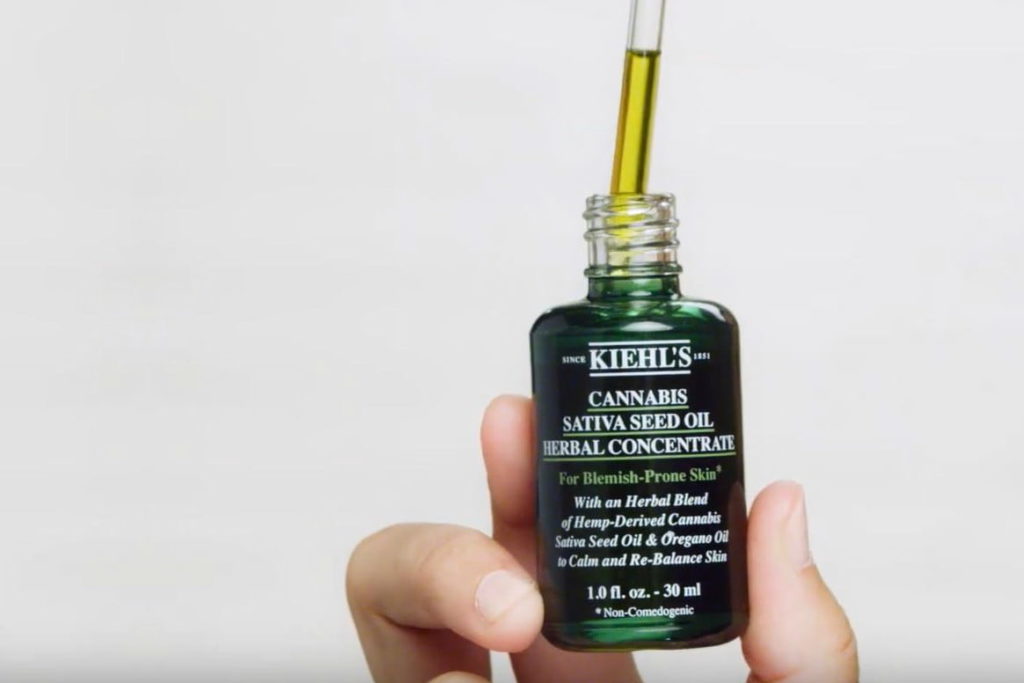
Kiehl’s Cannabis Sative Oil Herbal Concentrate. Courtesy Photo.
Even traditional luxury brands like Neiman Marcus, the Standard Hotel and Barney’s have gotten in on the CBD trend. Barney’s has even created its own cannabis inspired shop called The High End online and at its Beverly Hills location.
CBD is everywhere, but what is it and why is it popping up all over?
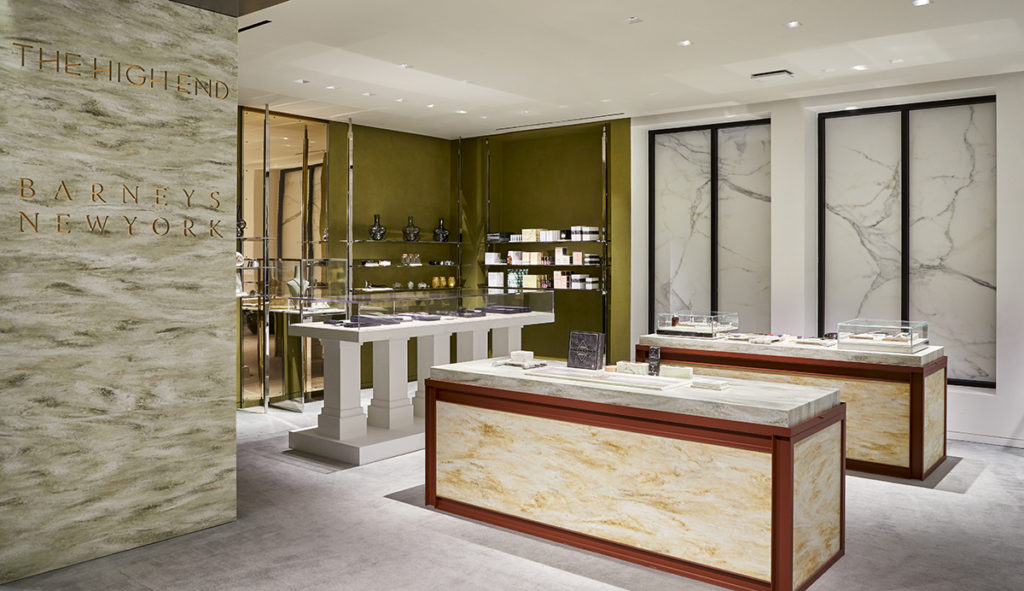
Barneys The High End in Beverly Hills. Courtesy Photo.
The Washington Post reports that this week Oki Water, a new line of CBD-infused waters and teas in flavors like “cucumber mint refresh” and “watermelon renew” is hitting major grocery stores in California and Colorado. The report also asserts that there are more than 1,000 CBD-infused products now available online. The flood of new food and drink products, in particular, has drawn the attention of Federal regulators.
Join our community
For access to insider ideas and information on the world of luxury, sign up for our Dandelion Chandelier newsletter. And see luxury in a new light.
So, since it’s clearly going to be a hot topic for quite some time, what do you need to know about CBD?
important basic facts on CBD products
What is CBD?
Let’s start off with the basics. CBD, more formally known as cannabidiol, is one of the major compounds found in the cannabis plant – aka marijuana.
The other major and probably more well-known component of cannabis is THC. Unlike THC, CBD is completely non-psychoactive, meaning that CBD doesn’t create a high.
CBD is also found in hemp plants. While hemp is technically a variety of cannabis, its plant contains next no THC (less than 0.3% to be exact). CBD oil is extracted from either plant, and then mixed with other herbs and oils to create the CBD you have come to see gracing so many shelves these days.
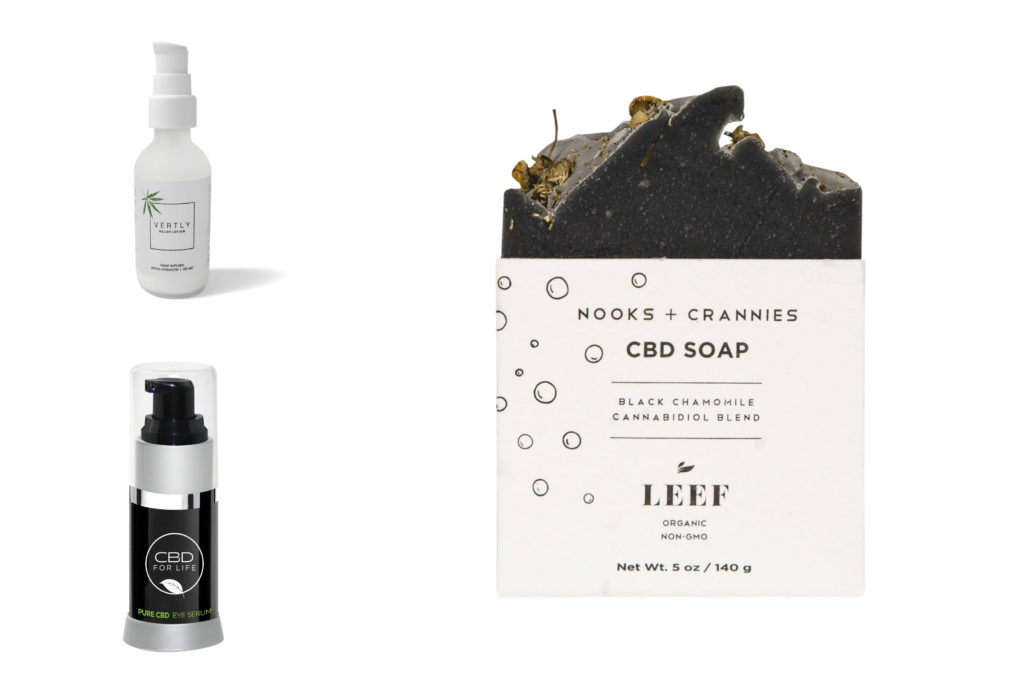
Beauty products with CBD oil. Courtesy Photos.
Many might think that CBD is a recent discovery, but that couldn’t be further from the truth. The first documented use of cannabis-derived medicine can be linked back to 2737 BC. That’s when Chinese Emperor Sheng Nung used a cannabis-infused tea to aid his rheumatism and gout.
It’s even believed that Queen Victoria used CBD to alleviate cramps during her reign. However, it wasn’t until 1963 that Dr. Raphael Mechoulam made the first breakthrough toward understanding the effects of individual cannabinoids. He first identified the stereochemistry of CBD.
Many years of research and trials followed. Then in 1996, California passed Proposition 215, making it the first state to legalize medical marijuana. That unleashed a flood of new research into the benefits of CBD.
Related Posts
luxury lessons: what you need to know about supercars
luxury lessons: what you need to know about orange wine
luxury lessons: what you need to know about cigars
What does CBD do?
Many different studies have been performed around the therapeutic effects of CBD. One of the most high profile and possibly most life changing being the use of FDA approved CBD in Epidiolex to treat children who suffer from epileptic conditions. That’s not all though, CBD has also been shown to reduce acne, regulate appetite, aid in sleep, help people cope with pain and inflammation, reduce stress and help to ease anxiety.
As far as the difference between cannabis CBD and hemp CBD, there are subtleties. But overall, the effects and potential uses remain the same. It’s believed, though, that cannabis CBD is more potent than hemp, meaning you need much less of it to feel the impact.
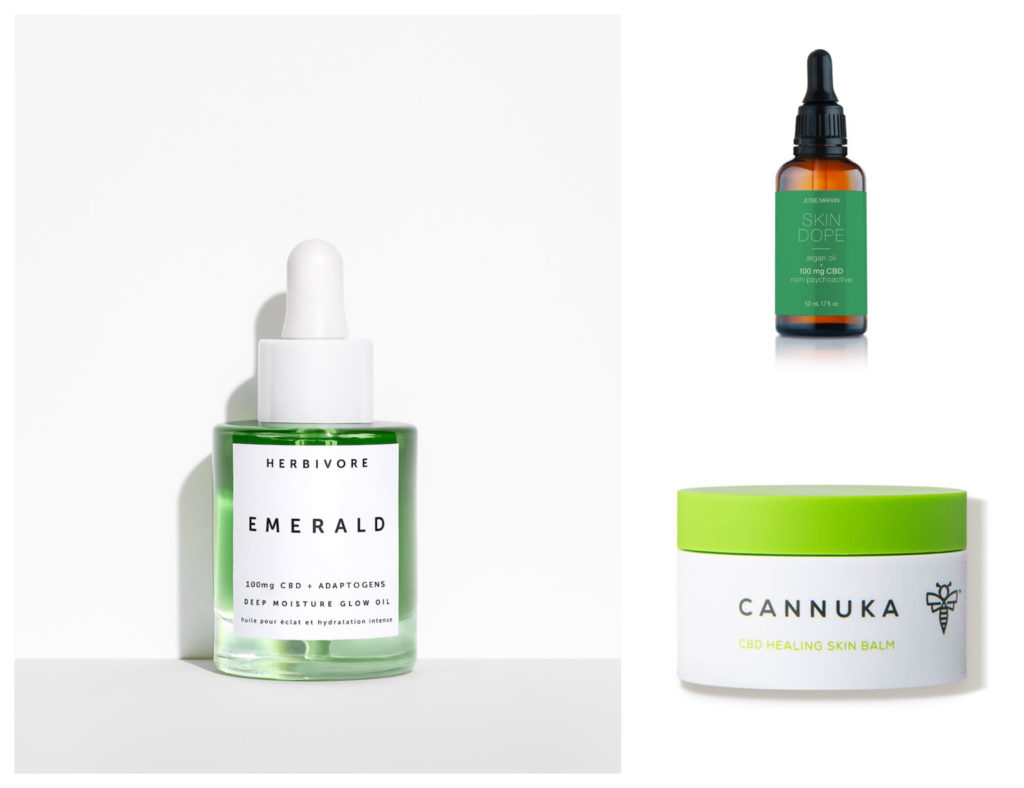
CBD oil-infused beauty products. Courtesy Photos.
Is it legal?
Yes and No. Hemp derived CBD was federally legalized under the 2018 Farm Bill with levels of THC below 0.3%. So, CBD in a hemp form is free to be grown under each state’s specific regulations, extracted and then turned into oils, lotions and edibles for both consumer and commercial use across the US.
Just last month the TSA updated its policies to reflect that it is completely legal to travel within the US with hemp-derived CBD products or anything that’s been approved by the FDA. Great news for nervous travelers eager to give the product a try.
On the other hand, cannabis-derived CBD is only available in states where marajuana has been legalized. And you cannot cross state lines with it. So what you’re seeing on the majority of shelves is hemp-based CBD.
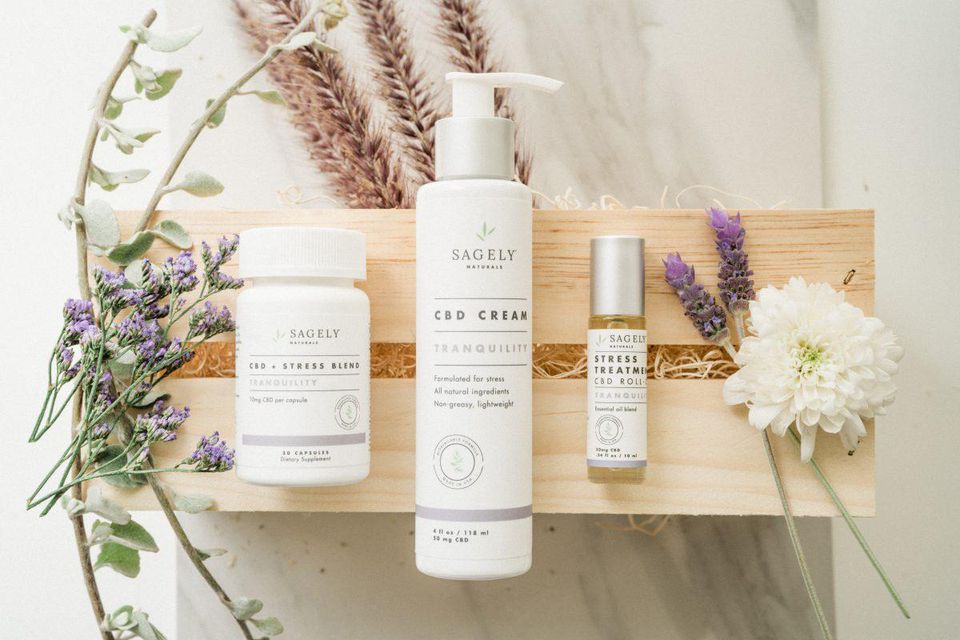
Neiman Marcus CBD Brand Sagely. Courtesy Photo.
In addition, when it comes to CBD-infused food and drink, there’s a patchwork of state laws that is currently leading to a great deal of confusion about the sale of such products. For example, Massachusetts regulators have banned the sale of some hemp products, including foods infused with cannabidiol (CBD) and dietary supplements.
So how can you try CBD?
I won’t lie. When I started researching the basic facts about CBD products, I decided the best way to learn about CBD was to try it. After all, according to the World Health Organization, “CBD exhibits no effects indicative of any abuse or dependence potential… and to date, there is no evidence of public health related problems associated with the use of pure CBD.”
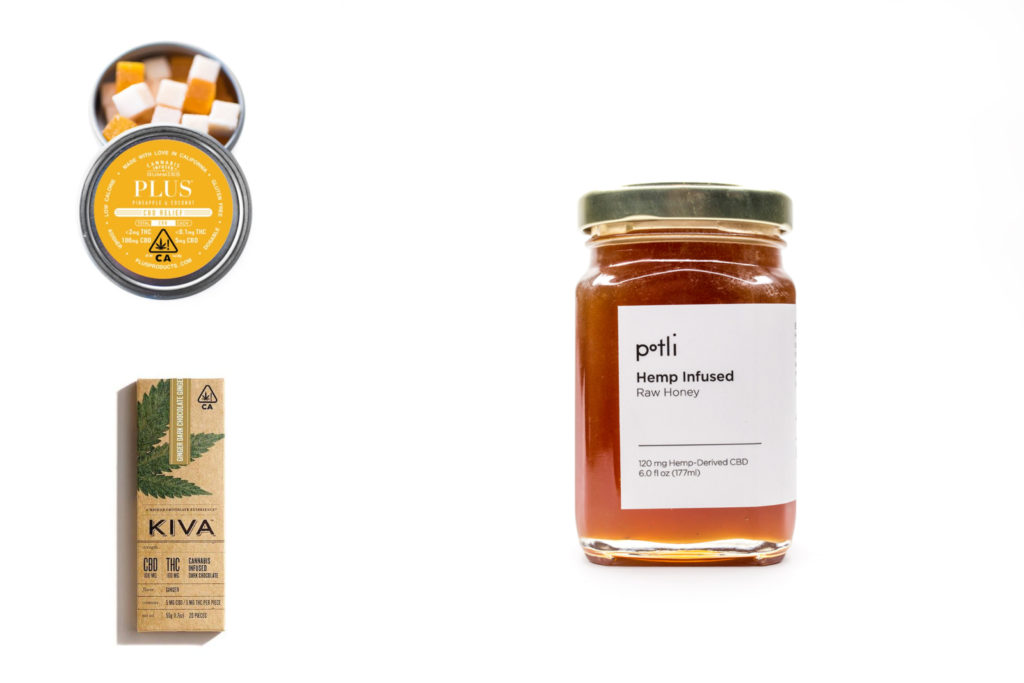
CBD-infused food products currently on the market. Courtesy Photos.
So I felt pretty safe. And I did what any good investigator would do in the name of research: to figure out what you need to know about CBD, I promptly booked myself a CBD oil massage and a meeting with the New York City representative of a CBD hemp oil producer from Colorado.
Related Posts
luxury lessons: what you need to know about crystals
luxury lessons: what you need to know about tarot cards
luxury lessons: what you need to know about astrology
ingestibles didn’t have much affect on me
The representative was kind enough to walk me through some of the basic benefits of CBD. And even provided me with some capsules and lotions to try. I tried the capsules a few times and found that they did make me feel relaxed, but not really too different than usual.
topicals, though, were hugely helpful
My CBD massage, on the other hand, was a different story.
Like almost everyone, I love a good massage. And the CBD oil massage I received was fantastic. It could be in part to the fact that my masseuse was very good. However, it could also have been the CBD oil penetrating my tired muscles. I left feeling happy, calm and so relaxed that I will for certain be booking a CBD oil massage again.
Beyond capsules and the oil itself, there are a variety of ways to try CBD including lotions, gummies, tinctures and even vapors. Keep in mind that each type has a different absorption path into your body, timeline of activation and longevity of effects. Be sure to find out how much CBD is in each dose. And start small until you figure out what works for you, if you decide to try it.
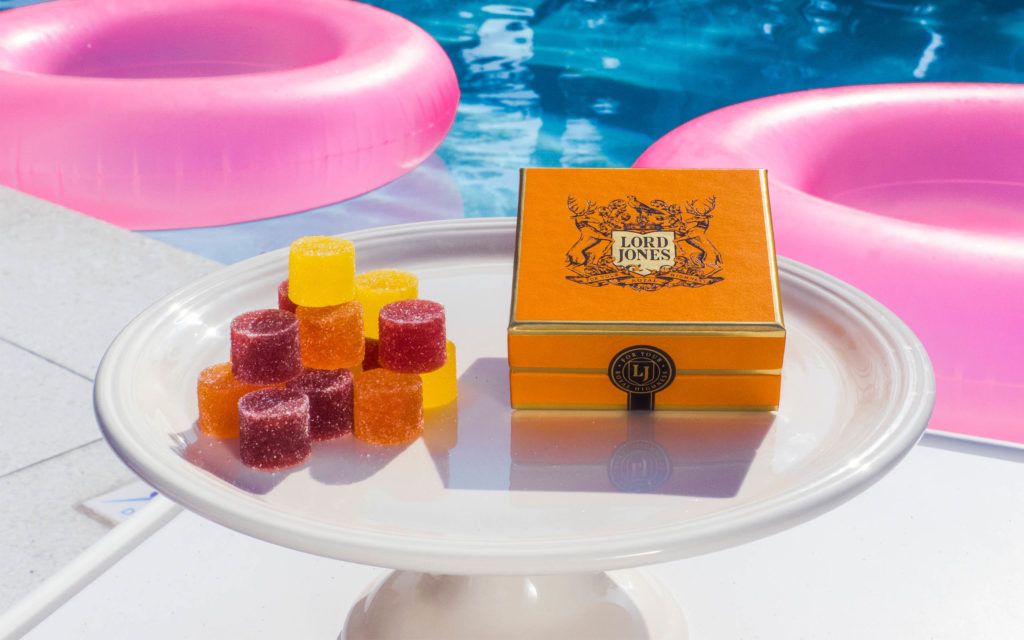
Lord Jones x Standard Hotel CBD Gummies. Courtesy Photo.
Other tips you need to know about if you try a CBD product
As with anything you put in or on your body, be sure to do your research. Though it’s been around for ages, CBD is still relatively new as far as widespread consumer use, and as a result some physicians still aren’t even sure what to make of it. So there are things need to know about CBD that you may have to research on your own.
So if you do decide to give CBD a try, consult your doctor and understand what you’re buying. Look for products that have been tested by a third-party laboratory, and which have the reports available online. These lab reports should tell you if the product’s claimed CBD content is accurate, that it contains less than 0.3% THC and if there are any other harmful contaminants in the sample.
Consumer Reports suggests looking for products made in states that have legalized medical use of cannabis, because they typically have stricter standards for farming and manufacturing.
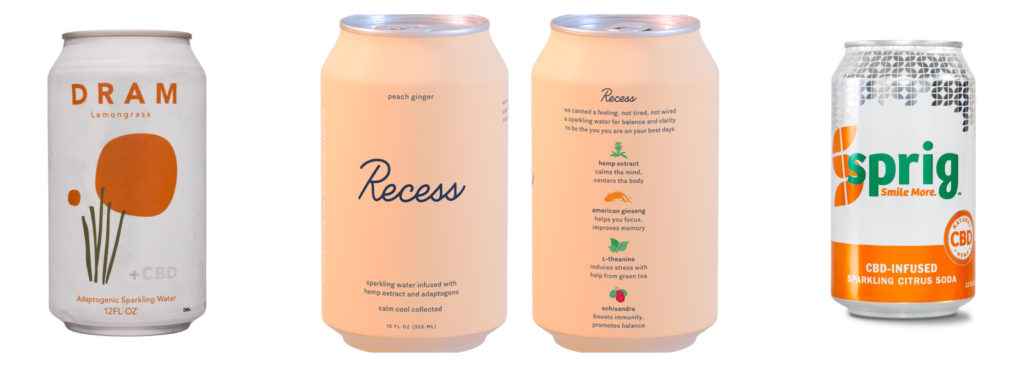
CBD-infused water brands. Courtesy Photos.
that’s what you need to know about CBD right now
That’s the current round-up of basic facts about CBD products. But if there’s one thing we can be certain of, it’s that CBD is not going anywhere anytime soon. Its estimated that the CBD market could reach $20 billion by 2024, according to leading cannabis researchers BDS Analytics and Arcview Market Research.
Between now and then we are sure to see much more research on CBD’s potential uses and health benefits. Not to mention potential changes in rules and regulations around its manufacturing and sale. So be sure to stay tuned for further developments. You know we will.
But in the meantime, now that you know the basic facts about CBD products, are you in?
join our community
For access to insider ideas and information on the world of luxury, sign up for our Dandelion Chandelier newsletter here. And see luxury in a new light.

Join our community
For access to insider ideas and information on the world of luxury, sign up for our Dandelion Chandelier newsletter. And see luxury in a new light.

